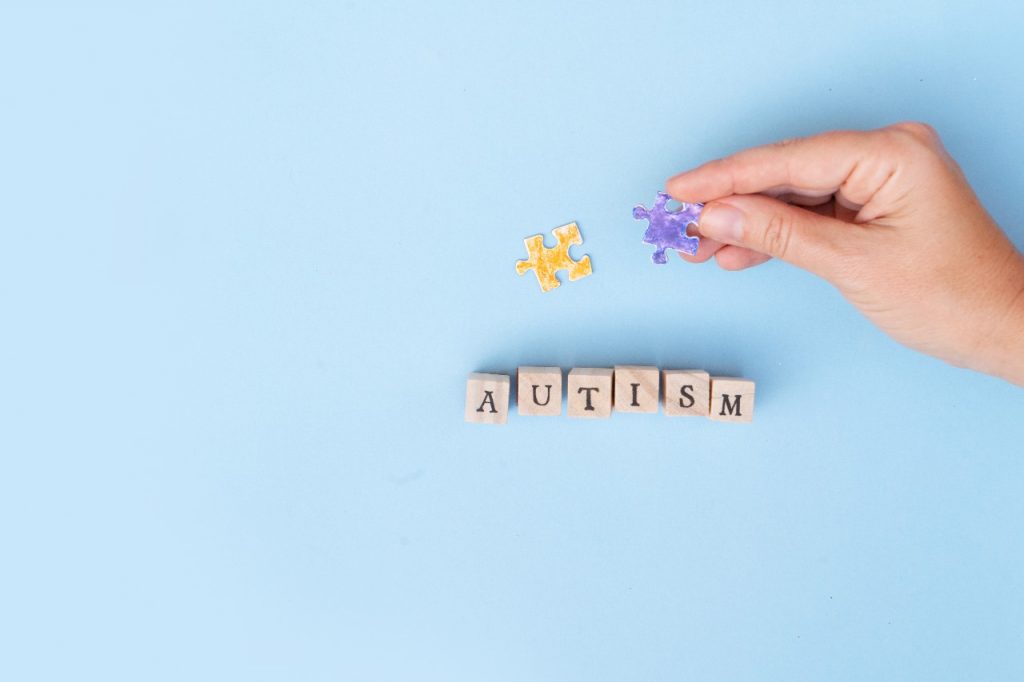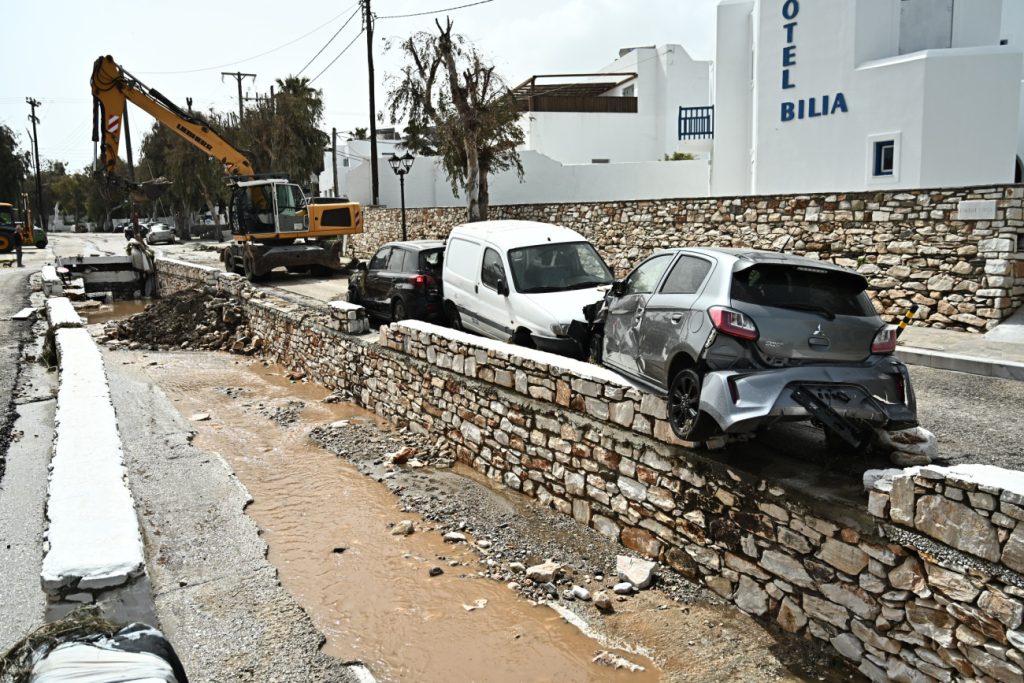World Autism Awareness Day is celebrated every year on April 2, and parents of “different” children, who are on the autism spectrum (ASD) share their experiences with news outlet TA NEA, shedding light on the challenges they face, the support they receive from the state, and the uncertain future that awaits their children upon reaching adulthood.
Raising a child on the autism spectrum in Greece is a journey filled with obstacles. Parents of both minors and adults describe a reality where official records of diagnosed individuals are nonexistent, and public facilities for adult diagnosis remain absent. Within this context, daily life for autistic individuals and their families is marked by pressing needs and relentless challenges.
Parents are calling for more infrastructure, not only for children but also for adults. They demand residential facilities, creative engagement centers suited to different age groups, and employment programs where possible. Elena Arvaniti, mother of 26-year-old Vasilis—who is non-verbal and low-functioning—shares the emotional toll of raising a child with autism. “At first, I struggled to accept it.
Vasilis was diagnosed at three, 23 years ago, when autism was far less understood. I devoted myself to him, moved past the stigma, and did everything in my power to provide the best for him. I never lost hope.”
Parents express deep frustration over the total lack of infrastructure for autistic adults, decrying what they perceive as state neglect. “When our children become adults, they vanish from society. There is no specialized training for educators working with autistic adults. We rarely even see them in public because there is no one to accompany them once parents grow older. They end up confined in unsuitable facilities,” Arvaniti laments.
The greatest concern remains the future—what happens when parents are no longer there to care for their children? The absence of structured programs, supported employment, and dignified living arrangements is an ever-present worry. “Every parent of an autistic child fears the same thing: ‘What will happen after I’m gone?’ There is nothing reliable or well-organized provided by the state,” says Sotiria Papachantzi, mother of 19-year-old Konstantina.
“We don’t want our children to simply exist in a facility. We want them to live with dignity. If they can work, they should have the opportunity. If they cannot, they should still be treated with respect—as human beings, not as burdens.”
Beyond institutional shortcomings, parents also experience social isolation. Their lives and interactions change as they adapt to their children’s needs, often finding themselves excluded.
“When Konstantina was born, I quit my job to care for her, while my husband took on a second job to keep us afloat. As a parent of a child with autism, you adjust, you change. But society doesn’t adapt with you. Friends stop inviting you over because they don’t want your child in their home. You end up alone, reevaluating everything. It’s not just our children who are isolated—we are too. They don’t want our kids, and that’s even more painful than them not wanting us,” Papachantzi adds.
As Greece marks another World Autism Awareness Day, these voices serve as a poignant reminder that awareness alone is not enough. Concrete action is needed to support autistic individuals and their families, ensuring they are not left to navigate this journey alone.




